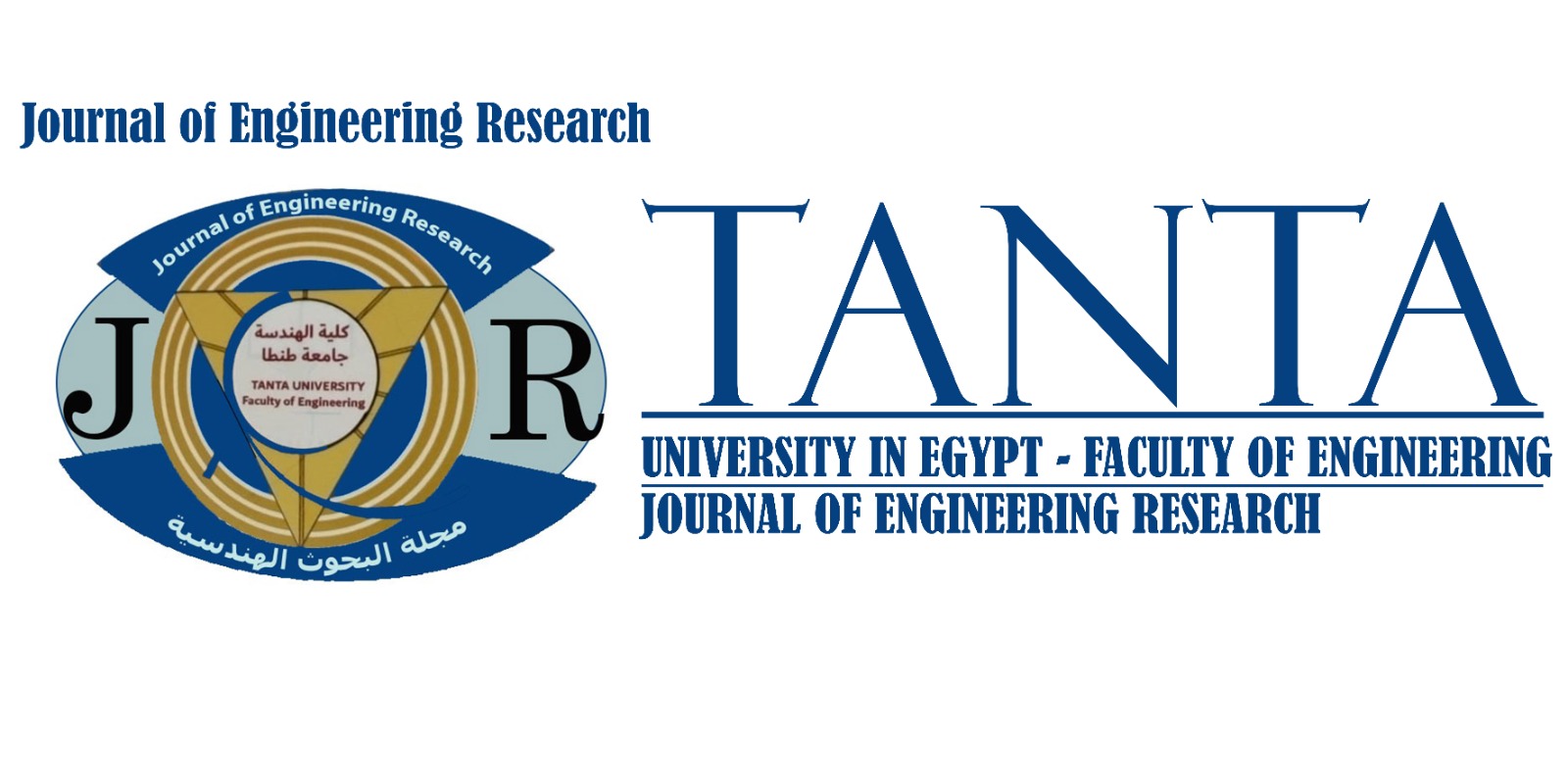Journal of Engineering Research

Abstract
The thermal-hydraulic performance of conically coiled tubes (CCTs) was investigated experimentally under constant heat flux boundary conditions in this study. The effect of several factors, such as the flow Dean number, coil torsion, and varied nanoparticle weight concentrations, on the flow's heat transfer coefficient and pressure drop was studied. Thermo-hydraulic performance was studied at 0.3%, 0.6%, and 0.9% volume concentrations (ϕ) of Al2O3/water nanofluid, a Dean number (De) of 1148–2983, and coil torsions (λ) ranging from 0.02 to 0.052. Results indicated that the heat transfer rates (HTRs) of CCTs increased when the coil torsion was decreased. According to the findings, the average heat transfer coefficient (havg) rises as De increases, while friction factor (ƒ) tends to decrease. The average increase in havg is 32% at lower De values and 26% at higher De values as the nanofluid concentration increased from 0.3% to 0.9%. The thermal performance factor (TPF) improved when λ lowered from 0.052 to 0.02.
Recommended Citation
Abdelghany, Mohamed
(2023)
"Experimental Investigation of the Thermal-hydraulic Performance of Conically Coiled Tubes using Al2O3/Water Nanofluid,"
Journal of Engineering Research: Vol. 7:
Iss.
1, Article 17.
Available at:
https://digitalcommons.aaru.edu.jo/erjeng/vol7/iss1/17

